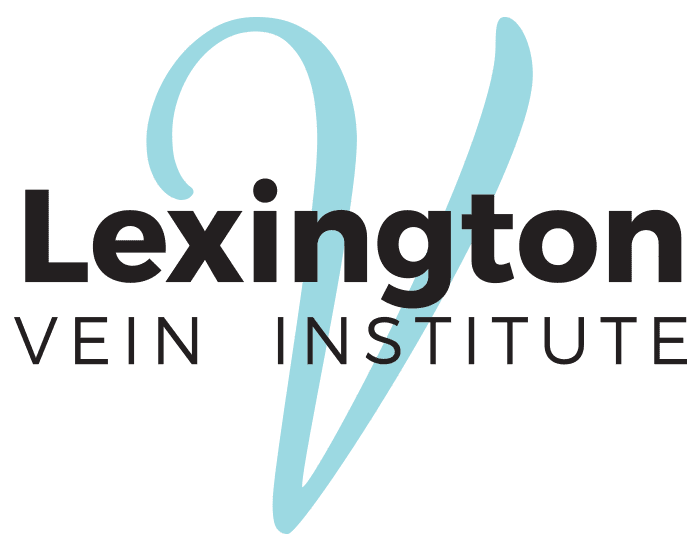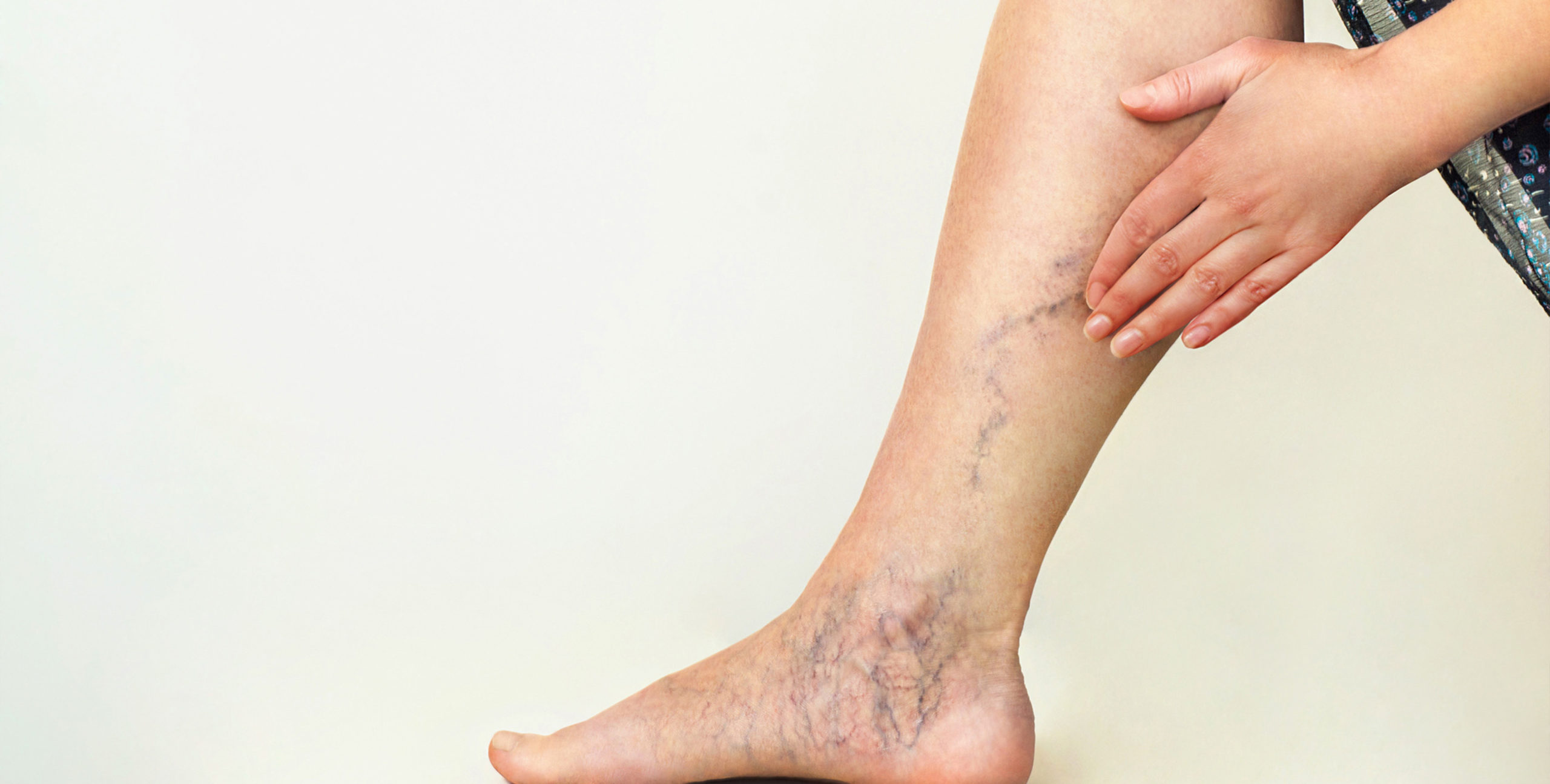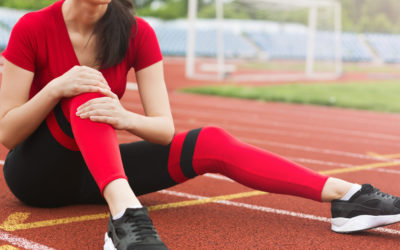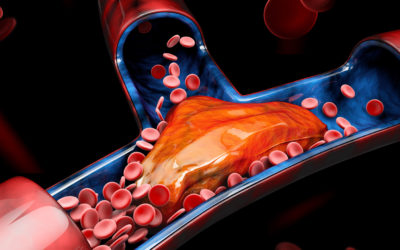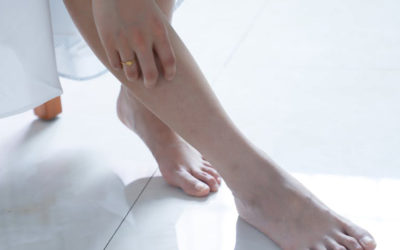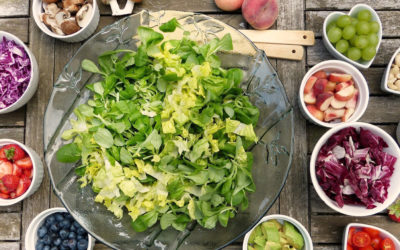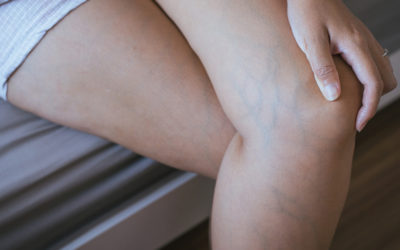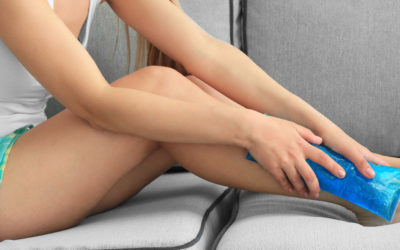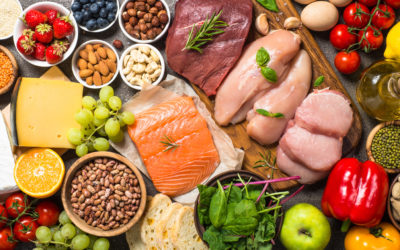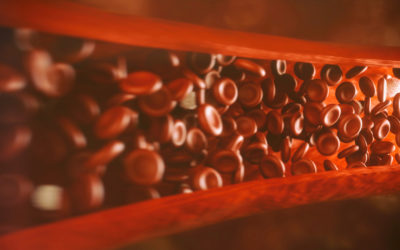If you’re asking, “What is sclerotherapy?” the answer is it’s a treatment to eliminate varicose veins and spider veins.
Do you suffer from painful varicose veins in your legs or elsewhere on your body? Are you embarrassed to wear a skirt or shorts, even when it’s hot out?
There may be a great treatment option for you. Using sclerotherapy can reduce or eliminate varicose veins, leading to a pain-free lifestyle.
You can restore your confidence in your appearance when you use sclerotherapy. Here’s how to know if you’re a good candidate!
Damaged Veins
Veins are blood vessels that return deoxygenated blood to your heart. They are blue because the oxygen has been distributed to your body, so the blood in them is dark red. They’re close to the skin, and they’re more visible, giving them the appearance of being dark blue.
Varicose veins are blood vessels with faulty valves. Their job is to push the blood back to the heart to pick up more oxygen to distribute throughout your body. Veins have valves that prevent the blood from going backward, but when there are faulty valves, the blood pools.
The pooling causes veins to swell and protrude, which is how you get varicose veins.
How Does Sclerotherapy Work?
Using sclerotherapy for spider veins and varicose veins means getting injections. The solution, mainly of saline, is injected into the veins, which causes the walls of the blood vessel to collapse. The blood starts to clot and the walls of the vein stick together.
Your body will eventually absorb those collapsing veins with faulty valves and create new ones.
Clients should also have realistic expectations for their treatment. It usually takes about a month to see results from one sclerotherapy treatment session, and your therapist may recommend you come back for another round.
Sclerotherapy isn’t a new process, but it’s far safer now than when scientists first started experimenting with it in the 1600s. Now using foam and ultrasound technology, the process is safe for many to use and almost all patients see results (around 90%).
Am I a Good Candidate?
You could be a good candidate for spider vein treatment if you’re in good general health and don’t have any history of blood clots. Sclerotherapy can help reduce the pain and swelling from varicose veins and bring back your confidence. You’ll no longer feel like hiding your legs in the summer.
If you’re older than 60, you may need to consult with a doctor being undergoing sclerotherapy treatment. Any potential veins that could work for a bypass procedure shouldn’t be treated with sclerotherapy.
Sclerotherapy treatment isn’t for you if you’re bedridden, pregnant, or nursing. If you’re not sure, talk with your primary physician before exploring this option.
A New You
If you have painful or unsightly varicose veins or spider veins, then sclerotherapy may be a good option for treatment. The above information about damaged veins and how sclerotherapy works can help determine if you’re a good candidate.
For more information about the process, reach out with any questions you have or to schedule an appointment.
